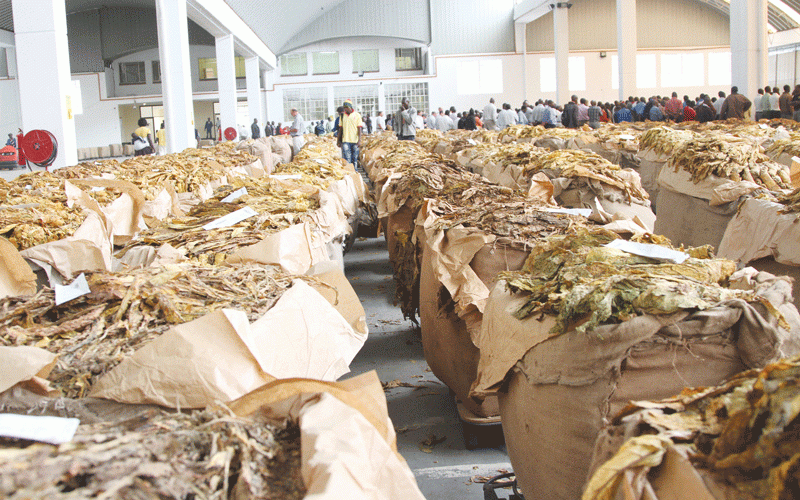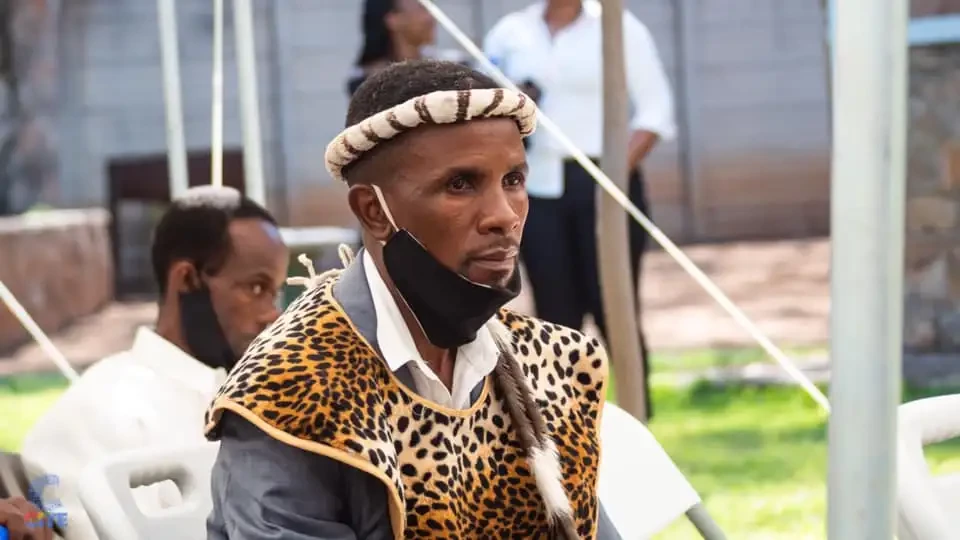
A FORTNIGHT ago on May 31, the world marked No Tobacco Day, a day which virtually went unnoticed in Zimbabwe obviously because the southern African nation is a tobacco-producing country which has relied for decades on the golden leaf to earn a lot of foreign currency.
It is quite understandable that as a country, we are renowned for producing some of the world’s best tobacco which has a ready market in the world’s most populous nation, China.
However, as the world marked No Tobacco Day on May 31 — a day set aside by the United Nations to raise awareness on the harmful and deadly health effects of tobacco use — the World Health Organisation (WHO) made a very interesting and fundamental observation which we feel Zimbabwe needs to take time to consider.
“There are more than 350 million people having hunger and food insecurity issues, and many of the countries where these issues are a concern are also big tobacco growing economies. In Africa, for example, in the last 15 years, the growth of tobacco has gone up by nearly 20%,” WHO senior adviser and tobacco control programme manager Vinayak Mohan Prasad said.
“There are countries now which are requesting food because of various crises. The access to food is limited and many of these countries are well endowed with enough land — fertile land — fertile land, water to grow food for many other countries. And so it’s ironic that they are ending up importing food from other countries.”
It is, indeed, ironic that Zimbabwe is among these countries which perennially face food insecurity, yet it has the land and resources to produce enough food for itself and export or even donate the excess to other nations which are not as blessed as we are.
So all WHO is pointing out to us is: Why are we failing to feed ourself when we, for example, are expecting to harvest 230 million kilogrammes of the golden leaf this season, up from 212 million kilogrammes last year?
As we speak, more than three million Zimbabweans are expecting food handouts this year from either government or non-governmental organisations such as the World Food Programme, which is already on the ground busy feeding us.
- COP26 a washout? Don’t lose hope – here’s why
- Under fire Mnangagwa resorts to Mugabe tactics
- How will energy crunch transition impact transition to renewables?
- COP26 a washout? Don’t lose hope – here’s why
Keep Reading
WHO is asking us to seriously introspect why we are perennially hungry when we have vast tracts of some of the world’s most fertile lands?
Granted, climate change is wreaking havoc across the globe, but why is tobacco thriving under the same climatic conditions that are seemingly affecting our food crops?
We believe, there should be a policy which insists that all farmers who wish to go into tobacco farming should dedicate half of their land to food crops.
The situation Zimbabwe currently finds herself in is utterly ludicrous, especially given that the country used to be a renowned regional food basket while also growing the golden leaf.
Our tobacco farmers should, in fact, start migrating to other cash crops because this “no tobacco” initiative is so serious that in a few years’ time they may find themselves out of business.
This is the time for the farmers to find new niche food markets and establish themselves instead of continuing to believe that tobacco is a safe haven simply because the world’s most populous nation, China, provides a ready market for their crop.






